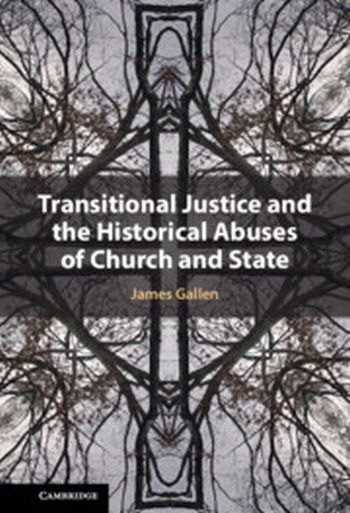
In this book, James Gallen provides an in-depth evaluation of the responses of Western States and churches to their historical abuses from a transitional justice perspective. Using a comparative lens, this book examines the application of transitional justice to address and redress the past in Ireland, Australia, Canada, the United States and United Kingdom. It evaluates the use of public inquiries and truth commissions, litigation, reparations, apologies, and reconciliation in each context to address these abuses. Significantly, this novel analysis considers how power and public emotions influence, and often impede, transitional justice's ability to address historical-structural injustices. In addressing historical abuses, power fails to be redistributed and national and religious myths are not reconsidered, leading Gallen to conclude that the existing transitional justice efforts of states and churches remain an unrepentant form of justice. This title is also available as Open Access on Cambridge Core.